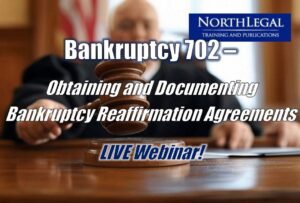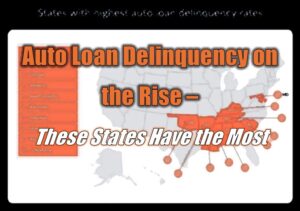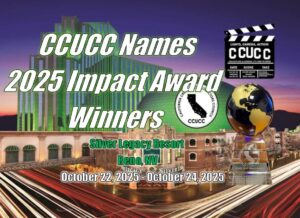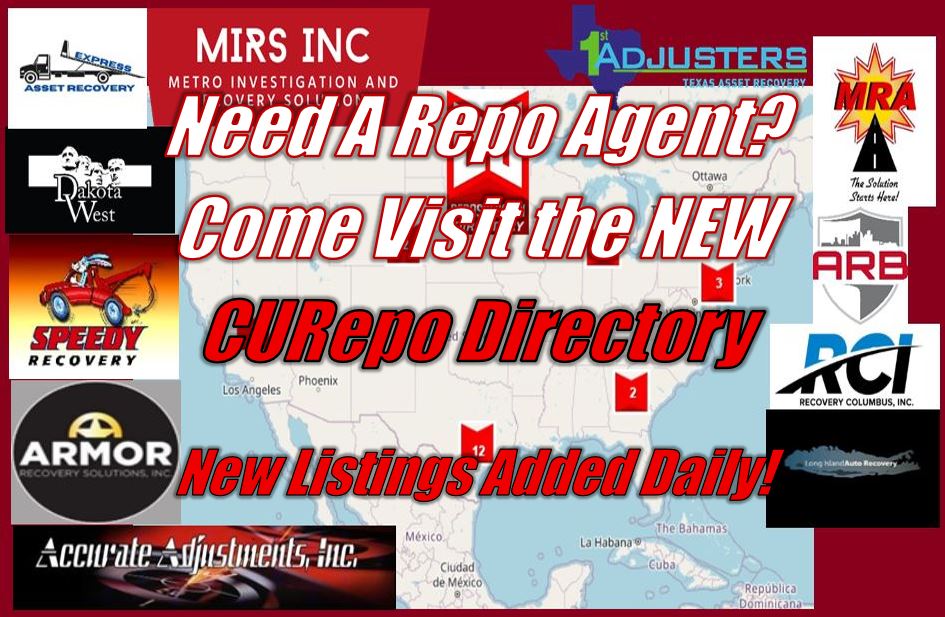
Guest Editorial
Are you familiar with the term “optimistic realist?” That is someone who is optimistic about the situations they find themselves in and are “realistic” about the final results of those situations. I would like to apply that mind-set to what is taking place in the financial community and the collateral recovery industry today.
For a number of years those of us in the collateral recovery business have said that it is of critical importance for the financial community to really understand what we do, the training and expertise necessary to service their repossession assignments professionally while managing the “inherent” risks associated with the self-help repossession process.
Since it is unrealistic in today’s world for lender collection staff to actually accompany their collateral recovery specialists in an effort to further educate themselves as to the many risks associated with this activity it depends upon professionals in the recovery industry to try to provide the “in-house” education necessary to show lender collection professionals the mutual benefits of hiring professionally trained and certified collateral recovery specialists. And here is where “optimistic realism” comes in to play.
With the creation off the Consumer Financial Protection Bureau (CFPB) the financial community and the collateral recovery industry are in the same “boat.” Numerous compliance requirements on the part of both industries, like it or not is now mandatory under federal law. These compliance mandates are not some arbitrary demands created by the lending community to have their collateral recovery specialists do more for less….it is a mandate from the federal government, enforced by the CFPB under the auspices of consumer protection.
My point is this. If we approach these new requirements as an opportunity to bring our two industries together, we have a unique opportunity for the two industries to work more closely together and at least in my opinion that is a good thing. And, it would be a cause for optimism for professional practitioners in both industries. Realistically, we don’t know what the future holds. We only know that, for once, the lending community and the collateral recovery industry are faced with the same compliance issues. Neither of us have a choice as to the CFPB compliance mandates….but we do have a choice as to how we respond to them.
Compliance mandates under the CFPB are here to stay, whether we like it or not and whether we agree with those mandates or not. However, let us not panic. Rather, let us begin to extensively review the FACTS regarding those mandates rather than listen to the rumors as to what those mandates are and what they mean to the lending and collateral recovery industries.
Compliance is not a dirty word. We’ve had it around for years through the federal and state laws that affect the self-help repossession process. What the CFPB has done is to further clarify what compliance really means with regards to the lending and collateral recovery industry.
In our opinion, we think it would be important to keep the following considerations in mind:
- CFPB compliance mandates continue to evolve so we don’t know what the final requirements are going to be because the CFPB continues to study the issues.
- The CFPB has made it clear that their primary focus on vendors is ensuring that those vendors are making an effort to comply with the mandates that are currently in place. If a sincere effort is being made then there should be no panic on the part of collateral recovery business owners.
- With regards to hiring practices we should be looking at rules mandated by the Equal Employment Opportunity Commission (EEOC), especially their document entitled “Enforcement Guidance on the consideration of arrest and conviction records.” This document is available at www.eeoc.gov and also on our website, www.RiscUS.com. I think some of us have been so wrapped up in CFPB mandates that we have forgotten that it is the EEOC that sets the federal guidelines for screening and hiring, and terminating employees. I find that the above referenced document is very clear in this area and should also be of concern to us in the area of background checks of employees by independent third parties. In our telephone communications and personal meeting with EEOC representatives it is clear that such third party background checks can bring about the potential for serious violations of EEOC rules for the employer, the third party and also for the lender that requires such a practice. Another real concern is, once this information is obtained (especially the NPPI) where is it eventually stored….India, the Phillipines, etc.etc, etc. (think hacking).
RISC has taken the position, which is reflected in our Compliant Agent Network (CAN) and in our Compliance and Operations Manual, and in consideration of our research and meetings with EEOC representatives that it should be the responsibility of the employer (recovery agency owner) to properly screen prospective employees, including full background checks and use that full background check in making hiring decisions pursuant to the above mentioned EEOC document.
One of the questions we asked at our meeting with EEOC representatives was; since an independent third party has absolutely no power or authority to make hiring decisions from such background checks why would that third party be involved in such activity and thus take on such potential liability for NPPI disclosure? We were told that this should certainly be of concern to all parties involved in the background check process.
Realistically, it is my opinion that the CFPB, just maybe, has provided our two industries the impetus to work more closely together for the benefit of both industries and that gives me reason to be optimistic about the future.
 RISC is recognized within the collateral recovery industry as a leader in the fields of risk management and industry compliance requirements. RISC’s services to the industry include: professional training and national certification, compliance training documents and webinars, business consulting, repossession insurance consulting, locksmith training and supplies, automotive key codes, membership and discount programs and a $1 million Client Protection Bond for RISC Compliant Agent Network (CAN) Members. Fro more information, please email RISC at service@RiscUS.com, call 866-996-7472, or visit our website at www.RiscUS.com.
RISC is recognized within the collateral recovery industry as a leader in the fields of risk management and industry compliance requirements. RISC’s services to the industry include: professional training and national certification, compliance training documents and webinars, business consulting, repossession insurance consulting, locksmith training and supplies, automotive key codes, membership and discount programs and a $1 million Client Protection Bond for RISC Compliant Agent Network (CAN) Members. Fro more information, please email RISC at service@RiscUS.com, call 866-996-7472, or visit our website at www.RiscUS.com.
Thanks, and be safe,
Joe Taylor











Facebook Comments